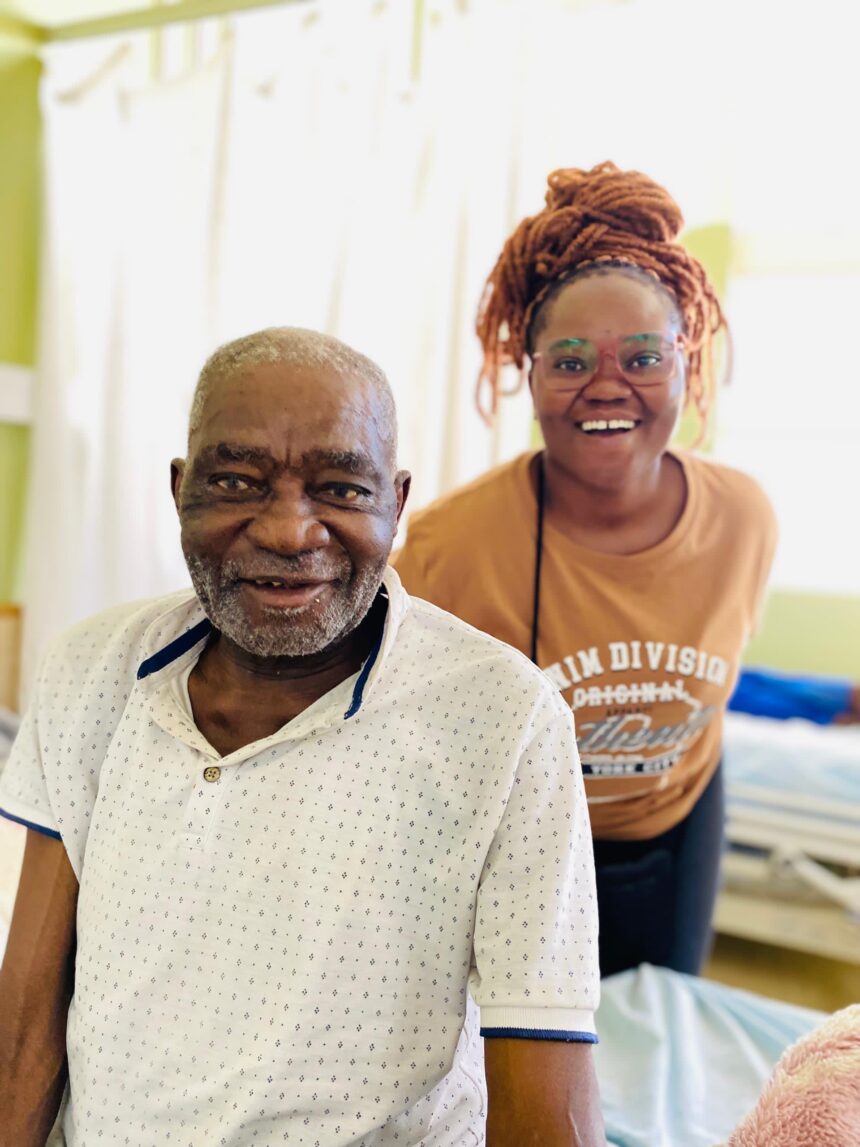Maggy Thomas
Liberation struggle icon and war veteran Philemon Nepaya has called on the government to ensure that all People’s Liberation Army Namibia
fighters (Plan)who perished during the liberation struggle are given dignified burials.
Many Plan combatants who died in combat are buried in graves scattered around the country, or elsewhere.
“These people have sacrificed their lives for Namibia’s independence, and they need a proper and respectful place to rest honourably,” Nepaya said in an interview with Nampa recently.
He joined the liberation struggle in 1974 through Zambia.
Speaking from his hospital bed, Nepaya told this news agency that Namibia’s democracy was a result of sacrifices made by Namibian war heroes and heroines.
He took a swipe at the youth, warning them to maintain and keep the democracy they are enjoying today alive.
“Democracy is an expensive commodity people died fighting for the rights we are enjoying today. People gave up their youth to fight for this independence. Men and women contributed immensely to the attainment of freedom in our country. Many of them became heroes of this country, and their remains were left behind, buried in unknown graves. Nowadays, the youth do not know where we came from and how far we have come, neither do they recognise the sacrifice, invested in the freedom of the country,” he said. He called on young people to always respect where they come from,
and embrace the difficult journey Namibian war heroes walked to freedom.
“Let us never put to waste what the veteran heroes fought for; let us guard this democracy jealously to honour their sacrifices,” he said.
Commenting on social ills such as gender-based violence and other crimes, Nepaya said: “We did not fight for these social ills that are doing the rounds in the country; our aim was independence. We fought against these. These social ills will compromise our plans for future generations.” He said such social ills were not common when he was growing up, but now it is the norm, and Namibia needs well-thought-out strategies to resolve these problems.
He suggested interventions such as employment for the youth, parents going back to basic parenting, as well as youth involvement in coming up with solutions.
Nepaya well-known under his combat name ‘Haipinge’, joined Plan’s military training at the tender age of 20, along with Pendukeni Iivula-Ithana, retired army general, Epaphras Denga Ndaitwah, Dr Kalumbi Shangula and Laonga Andima, among others.
When he completed the training, he joined the Eastern front under commanders Amutele wa Shihepo and Phellip Namibuli, where he later participated in many battles in what is now the Zambezi region.
He singled out the battles of Okamengha in Singalamwe and Ofinoti, which he fought alongside the likes of Ndimana Haloodi, Nakada and Shihepo sha Amutele.
Nepaya formed part of a remarkable generation of freedom fighters who endured the hardship of exile and prison, a generation that led the national liberation struggle to its successful conclusion.
-Nampa


